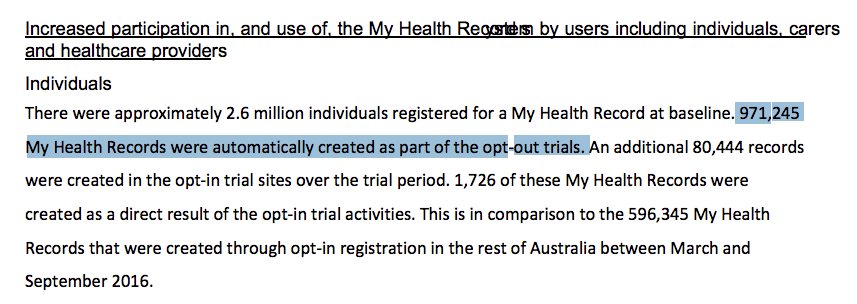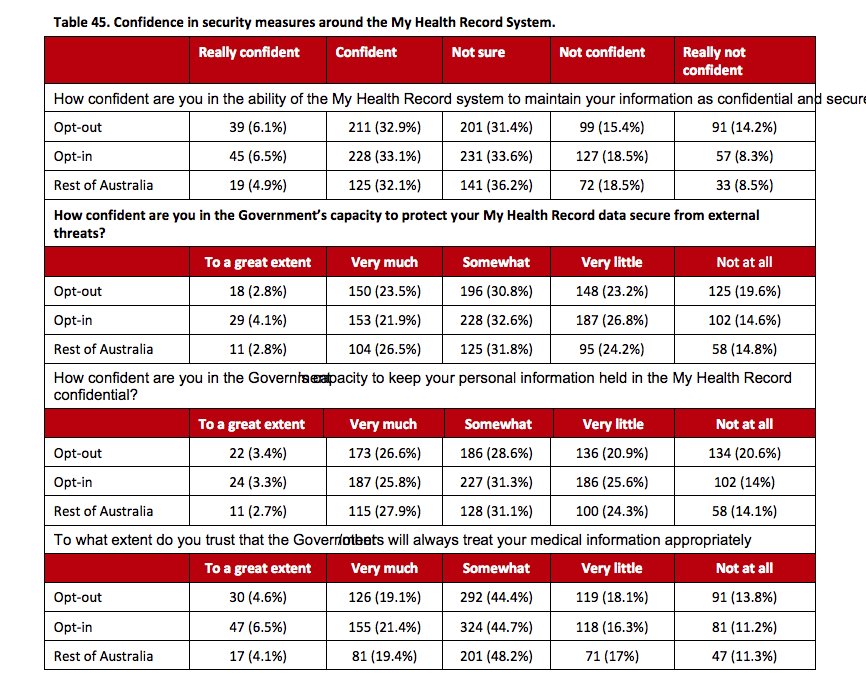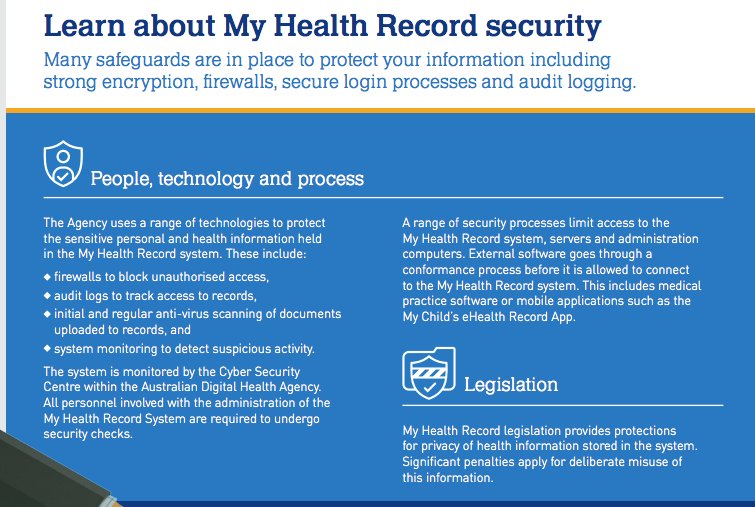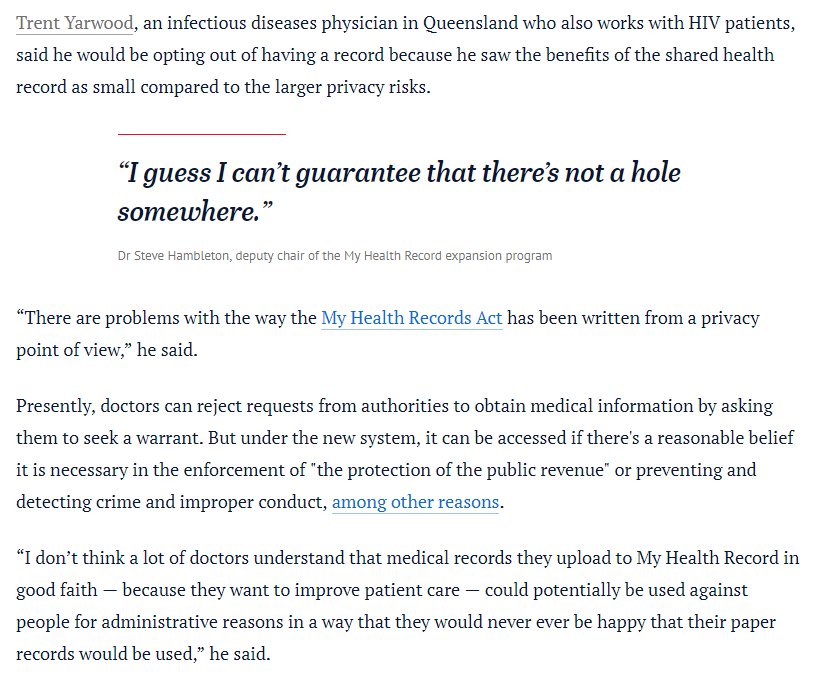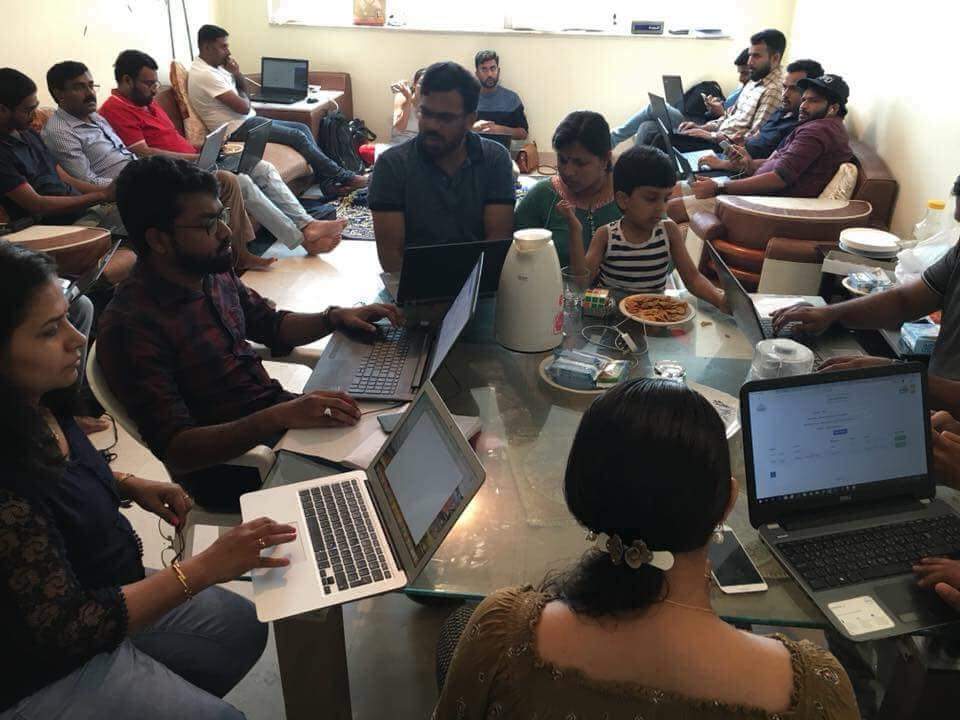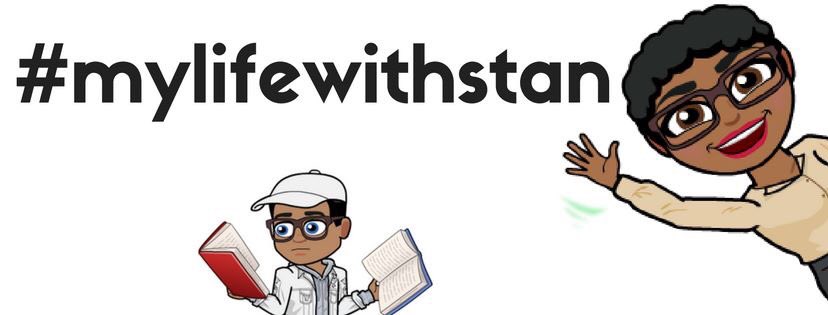Trawling back through old policy papers on My Health Record shows a slow-moving train wreck. 1/n
distributed and shareable clinical record’ is the appropriate course of action" (Glance 2015).
"Are the PCEHR's security and privacy safeguards up to scratch to take on this grave responsibility?" he asked. "No."
conformance process before it is allowed to connect to the My Health Record system"? I'm not sure I do.
Yep, that's right. For doctors and health professionals, MHR is opt-in.




